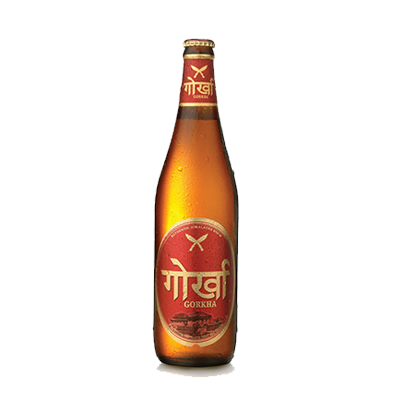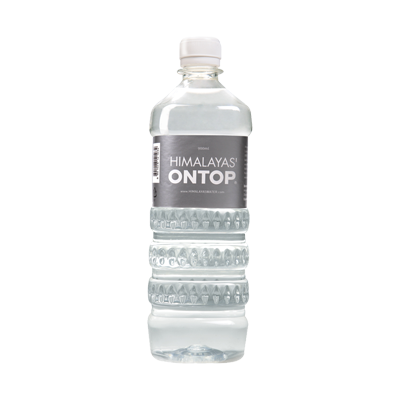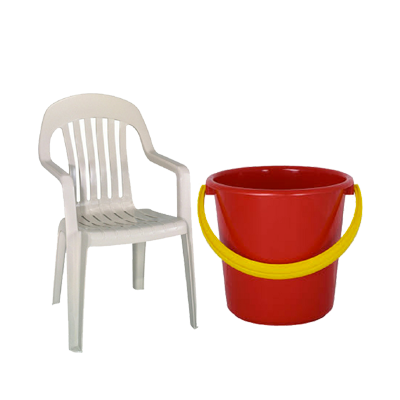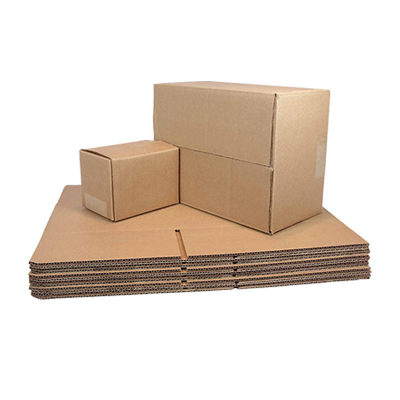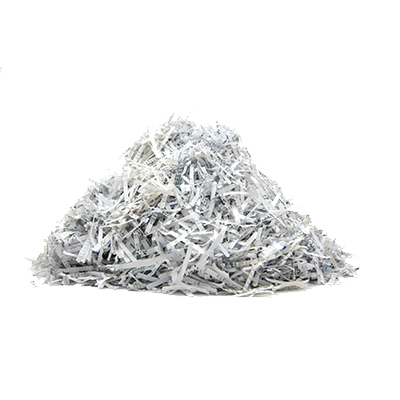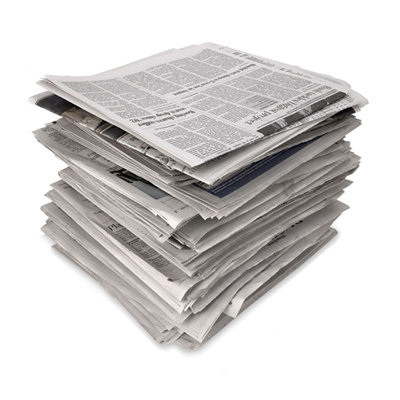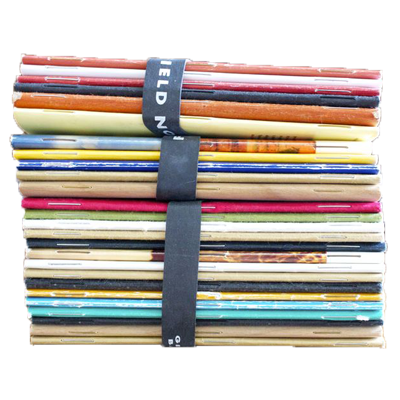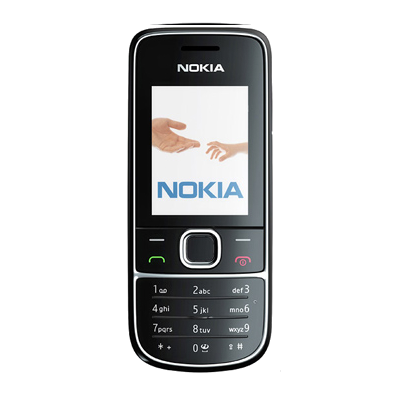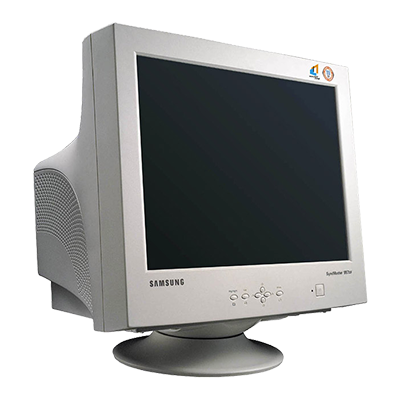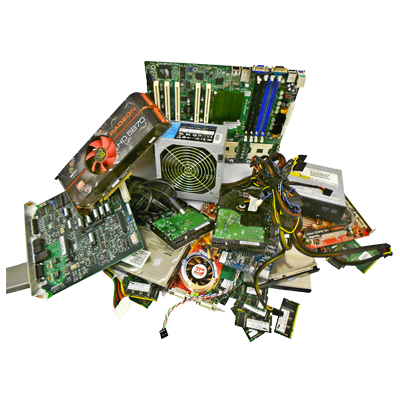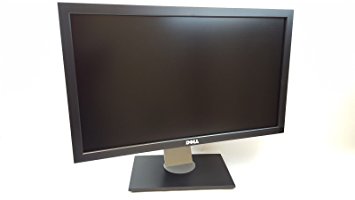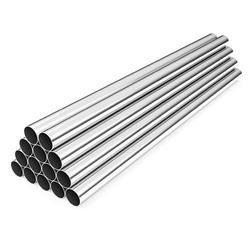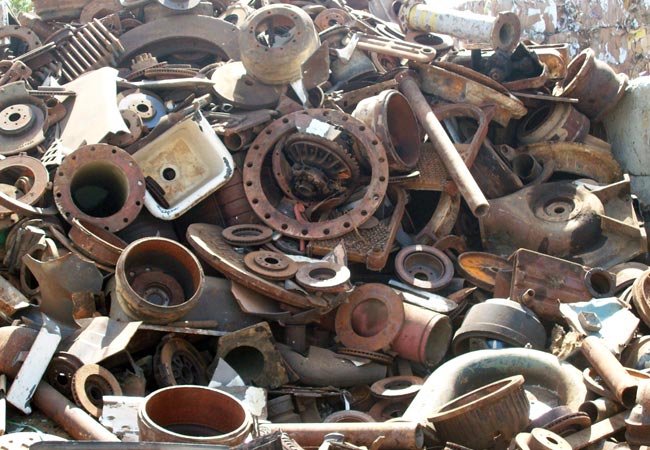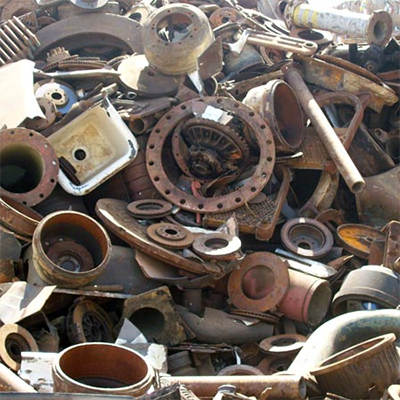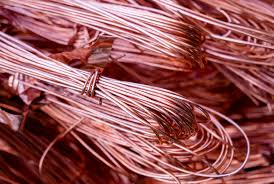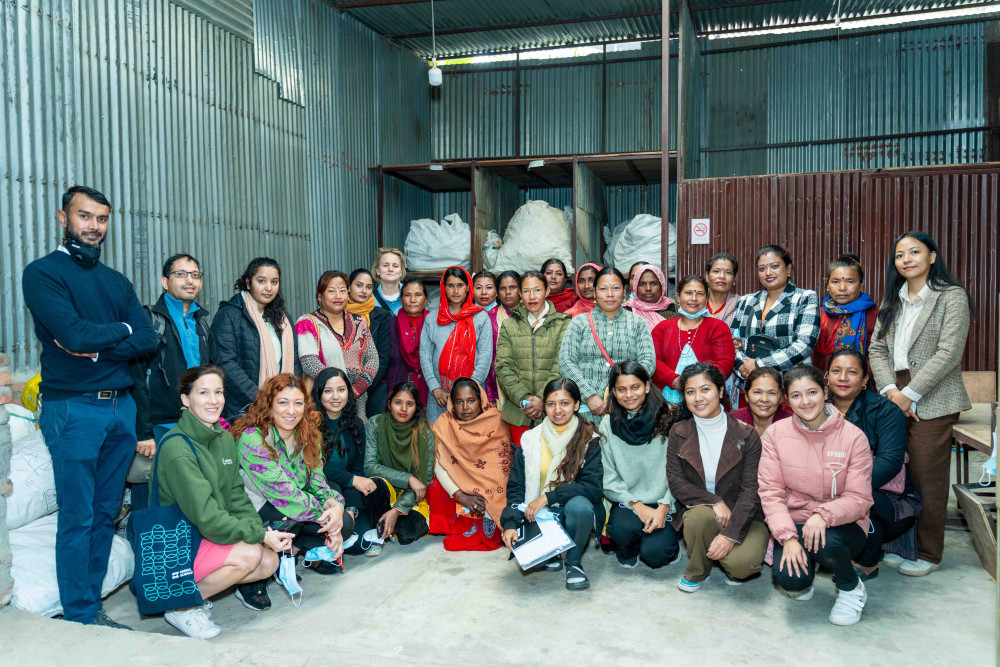
2023-09-25
Preventing Plastic Waste in Rivers of Kathmandu Valley by Boosting Informal Waste Workers
With funding from the Norwegian Retailers' Environment Fund, GRID-Arendal, the Norwegian Geotechnical Institute (NGI), the Center for Research and Sustainable Development Nepal (CREASION), Doko Recyclers, and the International Solid Waste Association (ISWA) are collaborating on the HMF River Project. The primary objectives of this project were to determine the types and sources of plastic leakage into rivers in Kathmandu, with a particular focus on the Kathmandu Metropolitan City; to comprehend and map the obstacles that the informal waste sector faces; to increase the value and recyclability of plastics in order to stop them from entering rivers; and to construct a capacity building for women working in the informal waste management sector.
Carrying 25% of the nation's municipal solid waste production, the Kathmandu Valley is a densely populated region with eighteen municipalities. An approximate 1262 tons of waste are produced daily in the Kathmandu Valley; of this, 3% is reduced at the source, 15% is released into the environment and is either burned or disposed of (12%), 18.5% is recovered and sent to scrap dealers for recycling, and 63.5% is dumped in landfills. Among the rivers in the Kathmandu Valley that are seriously contaminated by plastic waste are the Bagmati River and its tributaries, the Bishnumati, Manohara, Hanumante, and Dhobikhola.
A decentralized hub, also known as a mini material recovery facility, is a space built where waste materials are separated into recyclable and non-recyclable categories. Recyclable materials are further broken down into paper, plastic, metal, glass, and e-waste. Establishing a decentralized hub in close proximity to contaminated areas is crucial for effective waste management and to stop plastic from seeping into nearby rivers.
Upon conducting an extensive examination of contaminated regions, Dallu was determined to be the most ideal site for the decentralized hub surrounding the Kathmandu Valley. Beginning on July 19, 2023, Dallu Hub has been operating in partnership with Samyukta Safai Jagaran (SASAJA), a non-profit organization of informal waste workers (IWWs) founded on March 13, 2013, that focuses on the recognition, rights, and advocacy for IWWs. The dry waste collection center is run by two waste workers with assistance from Doko Recyclers. The center's goals are to establish a sustainable dry waste collection value chain by implementing source segregation of waste, offering frequent collection services, sorting, and trading valuable scrap materials with recyclers.
With the aid of our survey team, we have effectively increased awareness among locals living within a one-kilometer radius regarding the significance of waste segregation and the decentralized hub since the hub has been in operation. By preventing 7739.8 kg of waste from general stores, HORECAs, pharmacies, homes, and car workshops, our waste workers and survey team have helped to reduce the amount of plastic pollution that would have otherwise ended up in our rivers.
It is with great pleasure that we announce the commencement of construction of our second hub, which will be located in Budhanilkantha.

